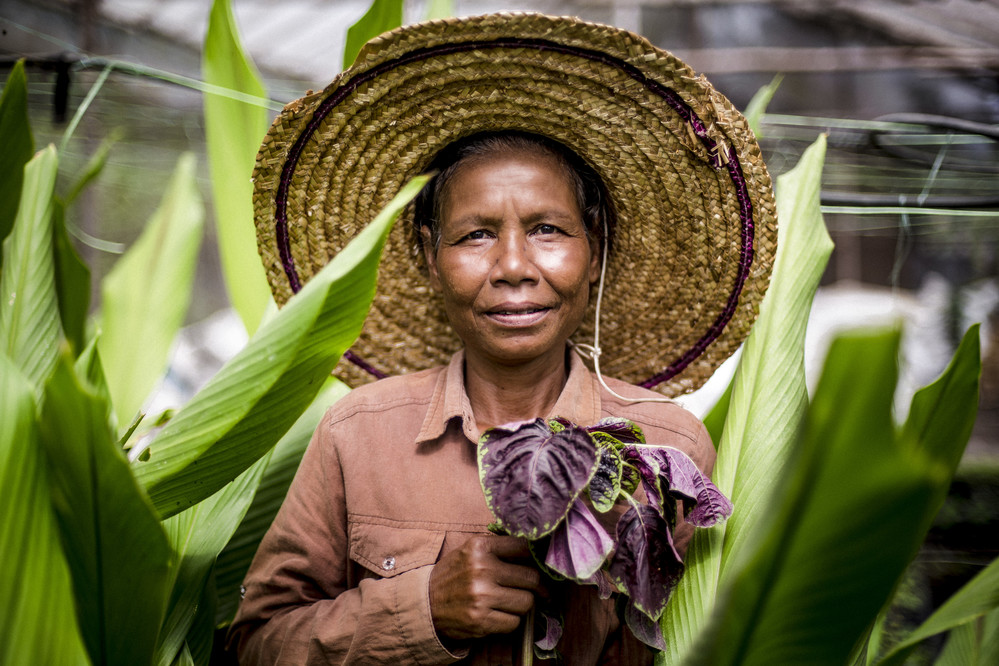In 2021, UN Secretary-General António Guterres will convene a Food Systems Summit as part of the Decade of Action to achieve the Sustainable Development Goals (SDGs) by 2030. The Summit aims to support transformation of the way the world produces, consumes and thinks about food. It aims to be inclusive by bringing together scientists, policy makers, business leaders, farmers, indigenous people, youth organizations, consumer groups, environmental activists, and others. The Summit aims to develop principles to guide governments and other stakeholders in transforming food systems and establish an evaluation process for assessing adherence to the principles.
A series of food systems dialogues are being convened around the world leading up to the Summit. Any group can host a dialogue. These “Independent Dialogues” can take any form from online webinars to town hall meetings. Anyone interested in hosting a dialogue can register on the Dialogue Gateway. All reports from Independent Dialogues will be publicly available.
The Food Systems Summit Secretariat has formed a strategic partnership with the Blue Marble Evaluation global network to professionally analyze and synthesize all reports submitted by conveners of the Independent Dialogues. The synthesis will identify common themes, important insights, proposed actions, and potential solutions that cut across the Dialogues. Synthesis findings will be public and periodically shared to inform deliberations in all aspects of the Summit process, as well as informing locally-owned actions after the Summit is over. Here is the official announcement of our partnership.
Food systems involve more than producing food. Food production, processing, distribution, and consumption contributes more than one-fifth of greenhouse gases worldwide.
“We’re trading enormous greenhouse gas emissions for food to feed the planet. Between clearing land to farm and the farming itself, that’s 21 percent of global emissions—much more than the carbon spewing out of every car, plane, and train on Earth.” (University of Minnesota)
Moreover, how land is farmed and food consumed affects the health of entire ecosystems including water quality, soil health, land and air pollution, employment for millions, gender equality, land rights, animal habitat, human health, and ecological diversity, among other system-level effects. Blue Marble Evaluation principles and perspectives will help frame the issues deliberated during the Summit through the synthesis and reporting on the hundreds of Independent Dialogues being held. To see the range of dialogues the Blue Marble Evaluation team will be synthesizing, visit: https://summitdialogues.org/


